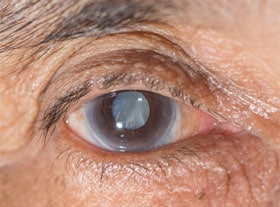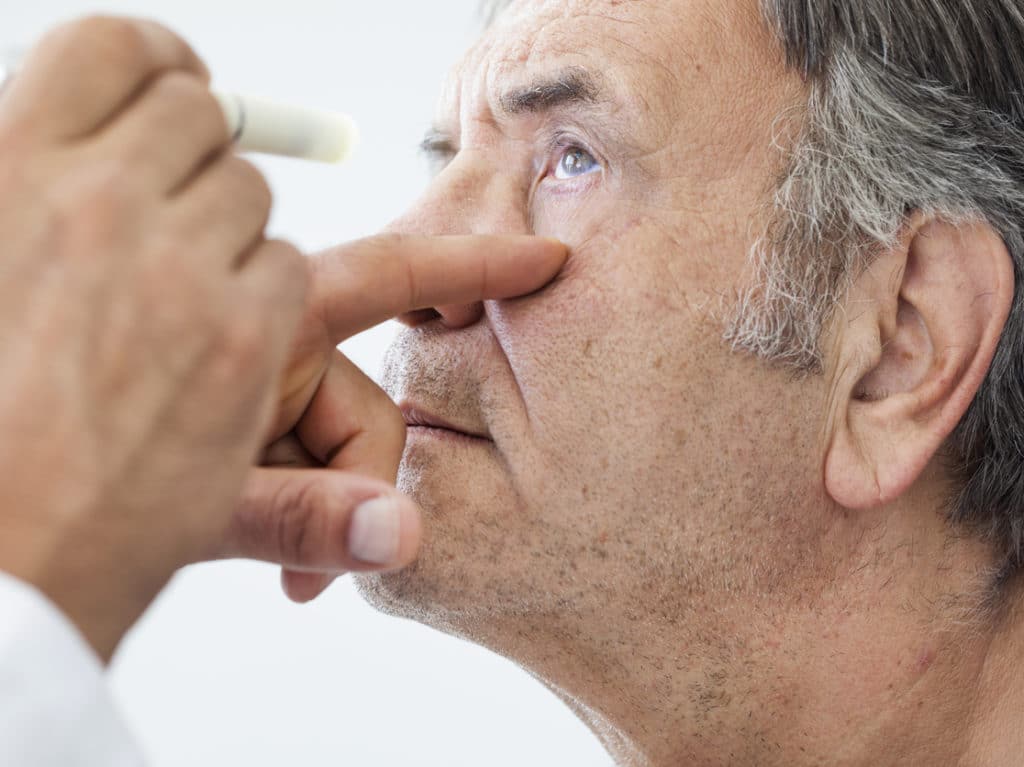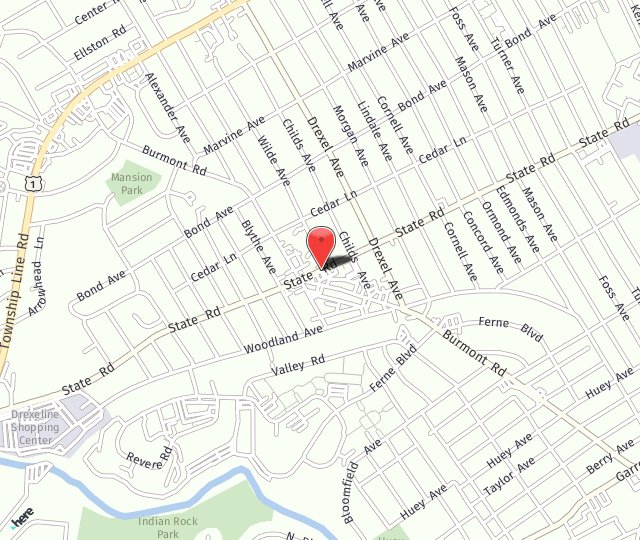What Are Cataracts?
Cataracts are a painless clouding of the eye's natural lens that is caused by a buildup of protein. Cataracts can form in one or both eyes.
Symptoms Of Cataracts

People with cataracts often do not realize they have them until vision is affected. Cataract symptoms include the following:
- Poor night vision
- Blurred, hazy or double vision in one eye
- Perception of halos around lights
- Sensitivity to bright light
- Decreased color perception
- Frequent changes in corrective-lens prescriptions
Yellow-tinged vision is also an indicator of cataracts.
How Are Cataracts Diagnosed?
Dr. Bedrossian offers several tests to diagnose cataracts such as a visual acuity test, slit-lamp examination, tonometry to test intraocular pressure (IOP) and retinal examination under pupil dilation. These tests can help determine whether a patient has cataracts, or whether her or his vision problems have some other cause. The tests also assist in evaluating the degree of visual impairment, and whether surgery should be performed.
Causes Of Cataracts
In addition to aging, other factors that cause the development of cataracts including:
- Obesity
- Smoking
- Excessive alcohol use
- Diabetes
- Family history of cataracts
- High blood pressure
- Previous eye injury or surgery
- Exposure to radiation
- Excessive exposure to sunlight
- Prolonged use of corticosteroid medications
In rare cases, infants are born with cataracts, which may be the result of an infection, such as rubella, contracted by the mother during pregnancy. They may also occur in combination with some other birth defect. Occasionally, infants develop cataracts shortly after birth.
Cataract Treatment
Early cataracts can sometimes be treated with nonsurgical methods such as new corrective-lens prescriptions, anti-glare sunglasses, magnifying lenses, and brighter lighting. If cataracts begin to interfere with reading ability, work, night driving or other daily activities, cataract surgery may be recommended. If cataracts are in both eyes, surgery is performed, usually 4 to 8 weeks apart, on one eye at a time. Cataract surgery is the most common surgical procedure in the United States.
Cataract Surgery
Dr. Edward Bedrossian removes the clouded lens and replaces it with an artificial lens implant to restore your vision. The procedure is performed with eyedrop anesthesia, no stitches, and best of all, a very small incision allowing for a quicker recovery! You will see the results immediately after the surgery.
If you wish to be less dependent on your glasses, ask Dr. Bedrossian about premium multifocal implants, corneal relaxing incisions, and femtosecond laser-assisted cataract surgery.
Can Cataracts Be Prevented?
Although cataracts cannot be prevented, their development can sometimes be delayed by wearing wide-brimmed hats to block sunlight, wearing sunglasses that block ultraviolet rays, not smoking; not drinking excessively, and eating a diet high in antioxidants.
What If Cataracts Are Left Untreated?
If cataracts are left untreated they can cause serious visual impairment. In most cases, however, they can be effectively treated with surgery once they become intrusive in everyday life.
Schedule A Consultation
If you are interested in treatment for cataracts, contact us today at (610) 789-6565 to schedule an appointment and see if you are eligible.


